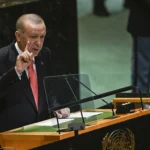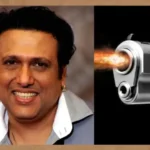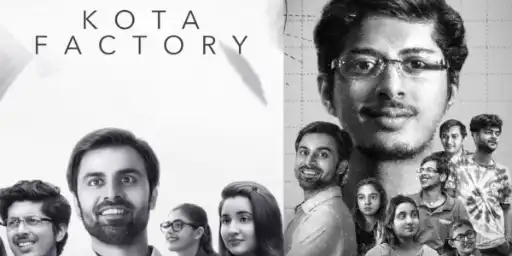The third season of the black-and-white series Kota Factory, which is streaming at the moment when the value of the coaching hub for society is being questioned, largely views the issue through rose-colored glasses. By placing the burden of life-threatening pressure on students on the demand and supply model, which has a severely skewed ratio of seats to applicants, it romanticizes the Factory model, which forces 15–16-year-olds to compete in a cruel schedule to become engineers and doctors.
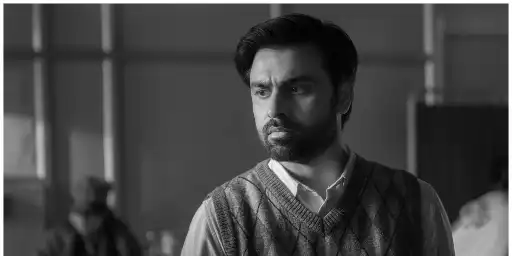
It informs us, in a roundabout way, that the town in Rajasthan has the first mover advantage. If its ecosystem has gotten more mechanical over time, other centers are probably headed in the same direction. The creators are not in a rush to change the procedure; instead, they are trying to win over the target audience—impressive parents and students—by making them feel good, much like a seasoned politician trying to win over support for one more season. It appears that minor adjustments here and there will maintain the coaching business aerodynamic and the students on the conveyor belt.
The critical financial perspective is also overlooked in the discussion of whether coaching centers should prioritize individuals who finish last or just prospective rankers. Don’t volumes keep any factory operating? It hides it behind the selfless intention of appreciating the preparation.
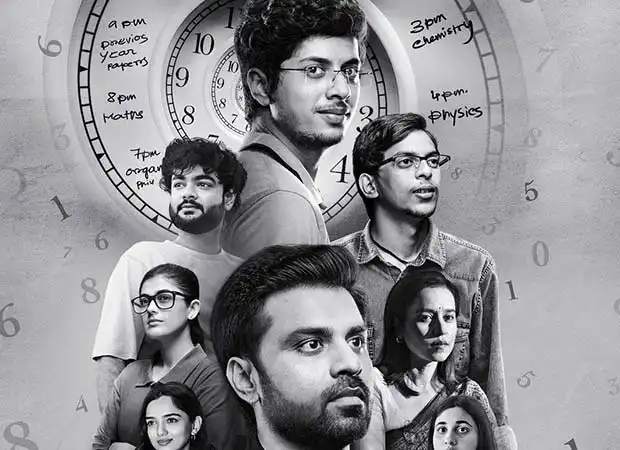
Likewise, about the annoying issue of board examinations conflicting with competitive testing, it doesn’t address how schooling helps students be ready for competitive exams or why teenagers move to pursue an illusive goal, as the show puts it. Rather, it produces a brief promotional piece about how coaching centers help students get ready for their boards. Generally speaking, you are stuck trying to answer a problem when the statement and the reasoning are both true but the reason isn’t the best way to explain the assertion.
But, the series doesn’t let you down if you’re searching for a large-scale templated experience in the same league as Panchayat, Mamla Legal Hai, and Aspirants because, as of right now, TVF’s algorithm is superior to most templates in the OTT market.
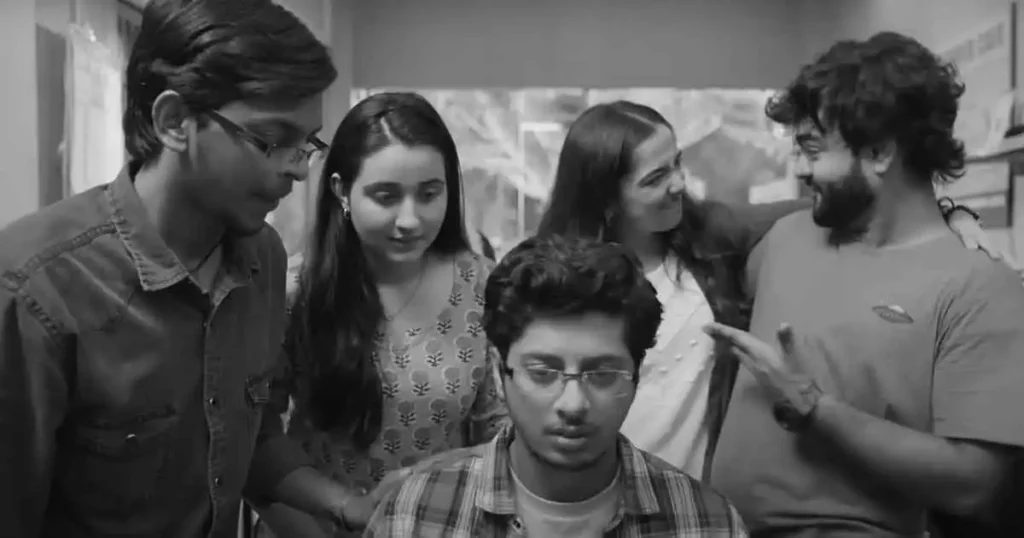
The five-episode series, which was directed by Pratish Mehta and created by Raghav Subbu, raises a new set of basic issues such as the IIT vs. IPL controversy, which frequently comes up at dinner parties and the financial hardships faced by individuals from low-income rural backgrounds who want to pass the Kota exam. And then there are the lovely pressures of coordinating romance with planning. It does offer moments for thought and silent laughter, especially for those seeking nostalgia from a pressing issue, even though the writers treat the conundrums objectively as if they were a series of multiple-choice questions from the previous 20 years. The dialogue is relatable and the episodes don’t drag thanks to the precise editing.
For once, following a traumatic experience in the previous season, Jeetu is struggling with his decision to go beyond Sir’s reserved boundaries in order to show his students a brotherly figure.
The good news is that Jeetu Bhaiya doesn’t answer every question in the third season; other teachers are given the chance to respond to the same set of questions in their own unique ways. As Pooja, the chemistry teacher who is set to assume the role of Aimers in upcoming seasons, Tillotama Shome enriches and deepens the series. Actors Jitendra Kumar and Jeetu Bhaiyya are interestingly contrasted with Rajesh Kumar’s realistic portrayal of math teacher Gagan Rastogi.
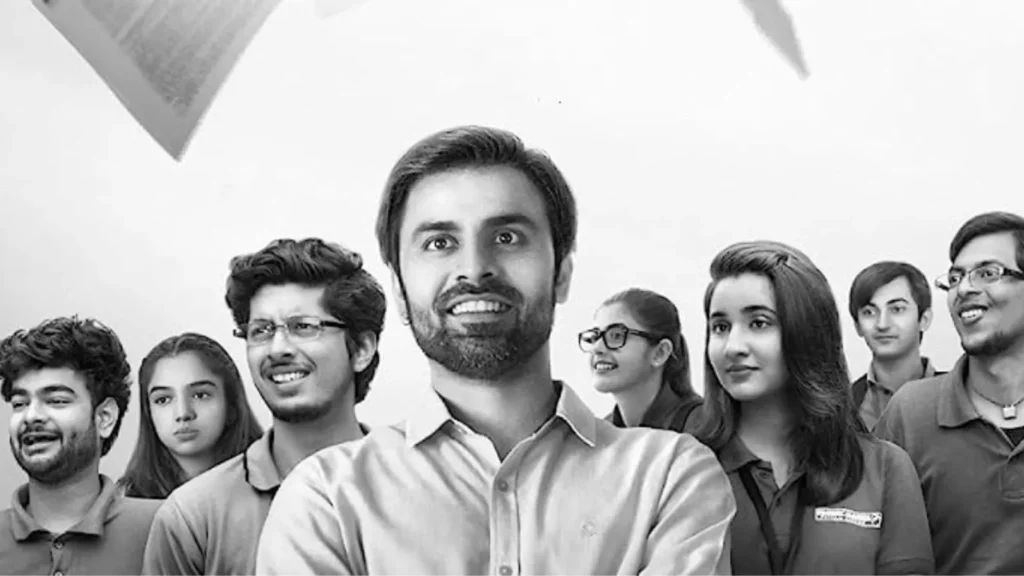
Even though Jitendra’s skill set is limited, his honesty on stage makes him endearing even though his performances are monotonous. The youthful performers also agree, especially Ranjan Raj in the role of Balmukund Meena and Ahsaas Channa in Shivangi. Raj sticks out as the young man from a region that experiences drought who is fighting to uphold his moral principles in the face of multiple temptations, some of which seem quite plausible. Vaibhav’s confidence and vulnerability are further highlighted by Mayur More, and Revathi Pillai is given a compelling character arc.
The series’ goal of placing teachers at the center of education policymaking is its best feature. It’s still early, but hopefully machines will eventually develop a natural heart.
Read also : Most Beautiful Beaches in the World


